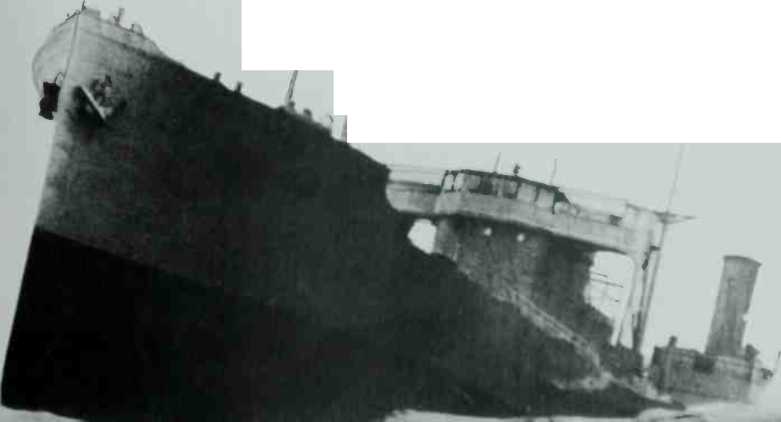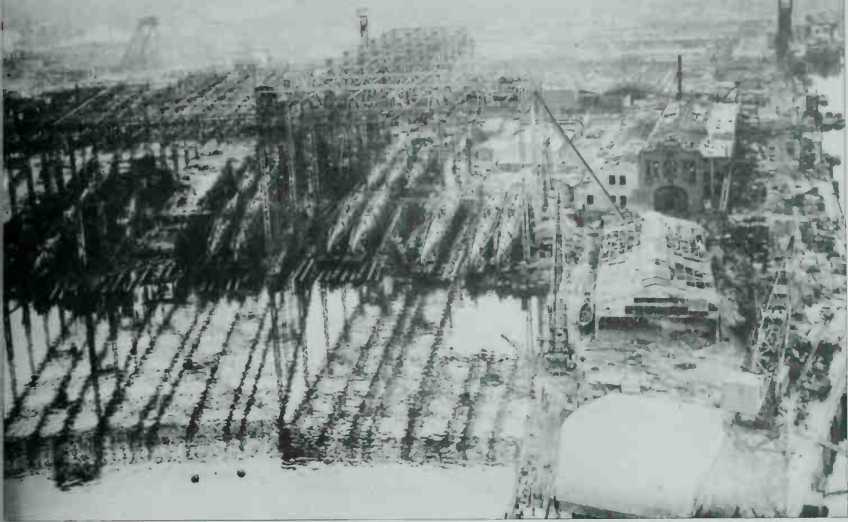In one of the most controversial moves of the war, Churchill turned British guns against former ally France a little more than a week after the armistice with Germany was signed.
A British squadron led by Vice Admiral James Somerville encircled the pride of the French fleet harboured in the Algerian port of Oran on 3 July 1940 as part of ‘Operation Catapult’ and issued an ultimatum to the ships sheltering there to sail for Britain or America. When the order was refused, the mighty force of British ships including the ill-fated battlecruiser Hood opened fire.
Prestige ships, among them the Provence, Bretagne and Dunkerque were sunk or badly damaged and 1,300 French sailors were killed. The aim was to prevent the ships falling into German hands but it caused a major outcry in France and among Frenchspeaking nations around the world.
Churchill said he regretted the loss of life but insisted the action was necessary. 'I leave the judgement of our actions with confidence to Parliament. I leave it to the nation and I leave it to the United States. I leave it to the world and to history.’
The French ships in British ports were confiscated with barely one shot being fired.
Below: Another convoy ship falls victim of U-boats, Hitler's underused war weapon.


Above: U-boat construction sites became priority targets tor Allied air forces.
And were defeated or if indeed the U-boat force was already so depicted and poorly supplied that they were unable to take any meaningful action. Certainly, there is little evidence of U-boat activity in the Channel following D-Day.
Despite the Allied successes in combatting the U-boat menace, the Nazi hierarchy continued to pin great hopes on the success of a renewed campaign. Hitler, keeping faith with the U-boat service, was convinced the newest model designed by Germany was a war-winner. In his diaries, dated 6 March 194.S, his loyal aide Goebbels reflected those optimistic opinions. With the Allies crossing the borders of Germany into the Fatherland itself, he wrote: ‘There is considerable hope for us here. Our U-boats must get to work hard; above all it may be anticipated that as the new type gets into action, far greater results should be achiced than with our old U-boats. .
Later, on 28 March, barely a month before the collapse of Hitler’s Germany, he noted the Allied bombing campaign against the new submarines in dock at firemen and penned with satisfaction: ‘Clearly the revival of our U-boat war has made a great impression on the war.’




 World History
World History









